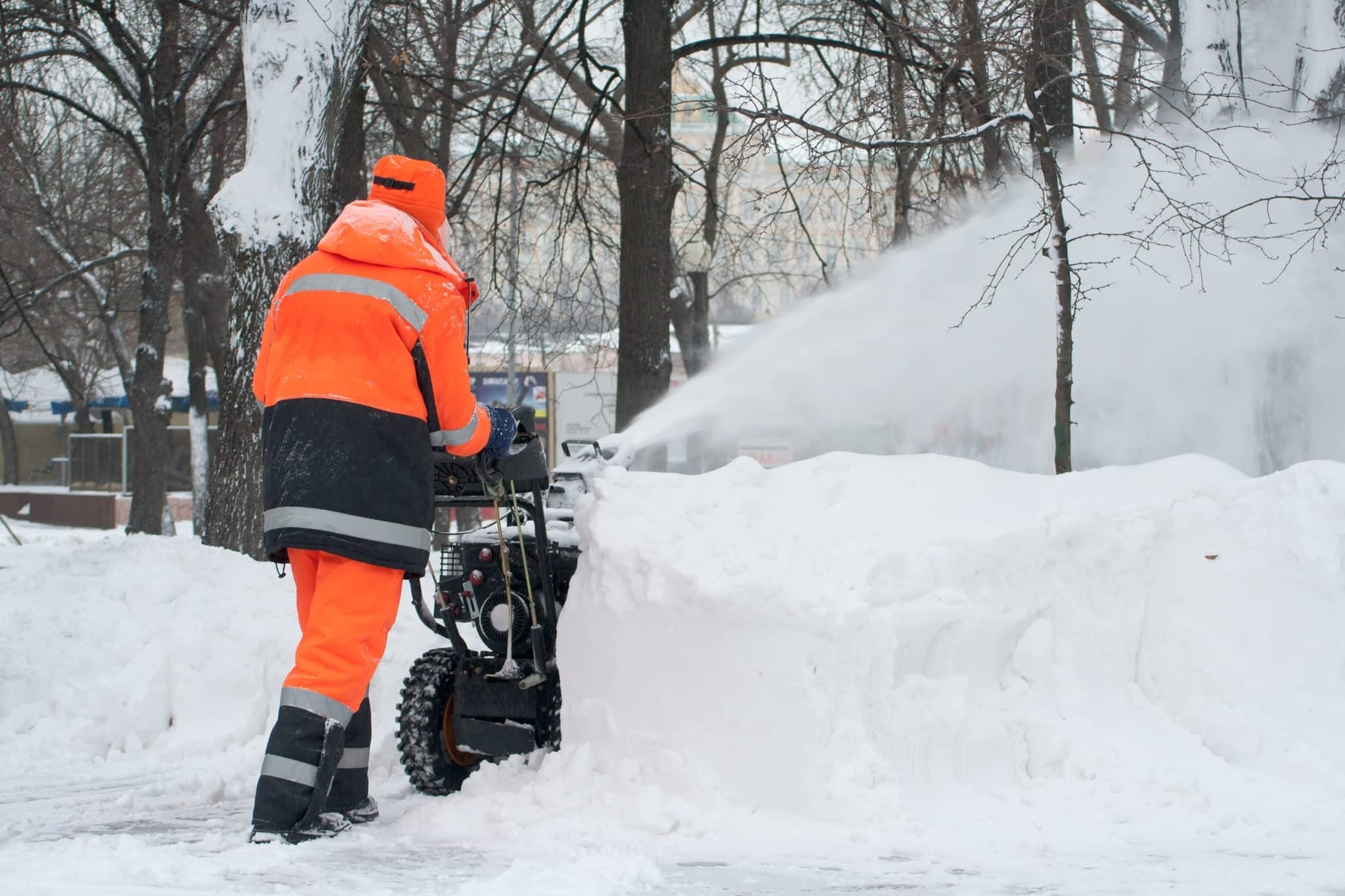
Recent legislative changes in the Province’s Bill 118 – Occupiers’ Liability Amendment Act, 2020, provide that no action shall be brought for damages for personal injury caused by snow or ice against an occupier or an independent contractor employed to remove snow or ice, unless written notice of the claim is served within 60 days after the occurrence of the injury. It is important to note that the window to notify of a slip and fall injury on property owned by the City of Toronto remains 10 days, as per s. 44 (10) of the Municipal Act.
In other words, if you or someone you know have experienced a slip and fall accident on an icy or poorly-cleared property, you now only have 60 days from the day the accident occurred to notify the people or companies who are responsible that you may have a claim. This creates a very tight time frame for a slip and fall victim to:
- Determine that their injury is serious
- Seek appropriate medical attention and diagnosis (including appointments with specialist doctors)
- Identify the corporation(s) or person(s) who are responsible for the negligence
- Research the exact legal names and addresses of those liable parties
- Serve the notice to at least one of the defendant parties
The notice letter needs to include 1) the date 2) the time and 3) the location of the occurrence. It is recommended that the notice be as precise as possible on the location of the fall. The notice must then be served, by either personally delivering the notice or sending it by registered mail to at least one of the following persons:
- The person who owns or occupies the property on which the fall occurred
- The contractor employed to remove snow or ice on the premises
It is important to note that this newly-shortened timeline for starting a claim only applies to accidents caused by failure to properly remove snow or ice from a property. Plaintiffs still have 2 years to bring a formal lawsuit pursuant to s. 4 of the Limitations Act after they give notice, and giving notice is not equivalent to starting a lawsuit.
The Bill also sets out a number of exceptions to the 60-day notice rule. The 60-day notice period does not apply in the case of the death of an injured person. The amendments also state that failure to give notice or sufficient notice within 60 days is not a bar to the action if a judge finds that there is reasonable excuse and that the defendant is not prejudiced in its defence. However, if you have failed to give notice within 60 days, and your case does not fall within the exceptions noted, it may be a complete bar to your claim.
The new legislation, which began as a private member’s bill, was originally intended to provide relief to snow removal contractors who have seen their insurance rates skyrocket in recent years. And indeed, insurance companies are thrilled to see the Government of Ontario erecting yet another barrier to lawsuits. However, rising insurance rates are the product of many different factors and it is difficult to see how making it more difficult for one segment of injury victims to seek justice for legitimate claims helps solve this larger problem.
Ironically, the new rules may result in a flood of new claims as accident victims may decide to seek out a lawyer and send notice letters right away, instead of waiting to see if their injuries heal over time.
At Howie, Sacks & Henry, it is our job to stay on top of legislative changes such as Bill 118 so that we can always advise our clients on the best way to approach a potential claim. We can let you know what your rights are, what benefits you might be entitled to claim, and the important deadlines to meet in order to put your best case forward. Contact us to learn how we can help.





